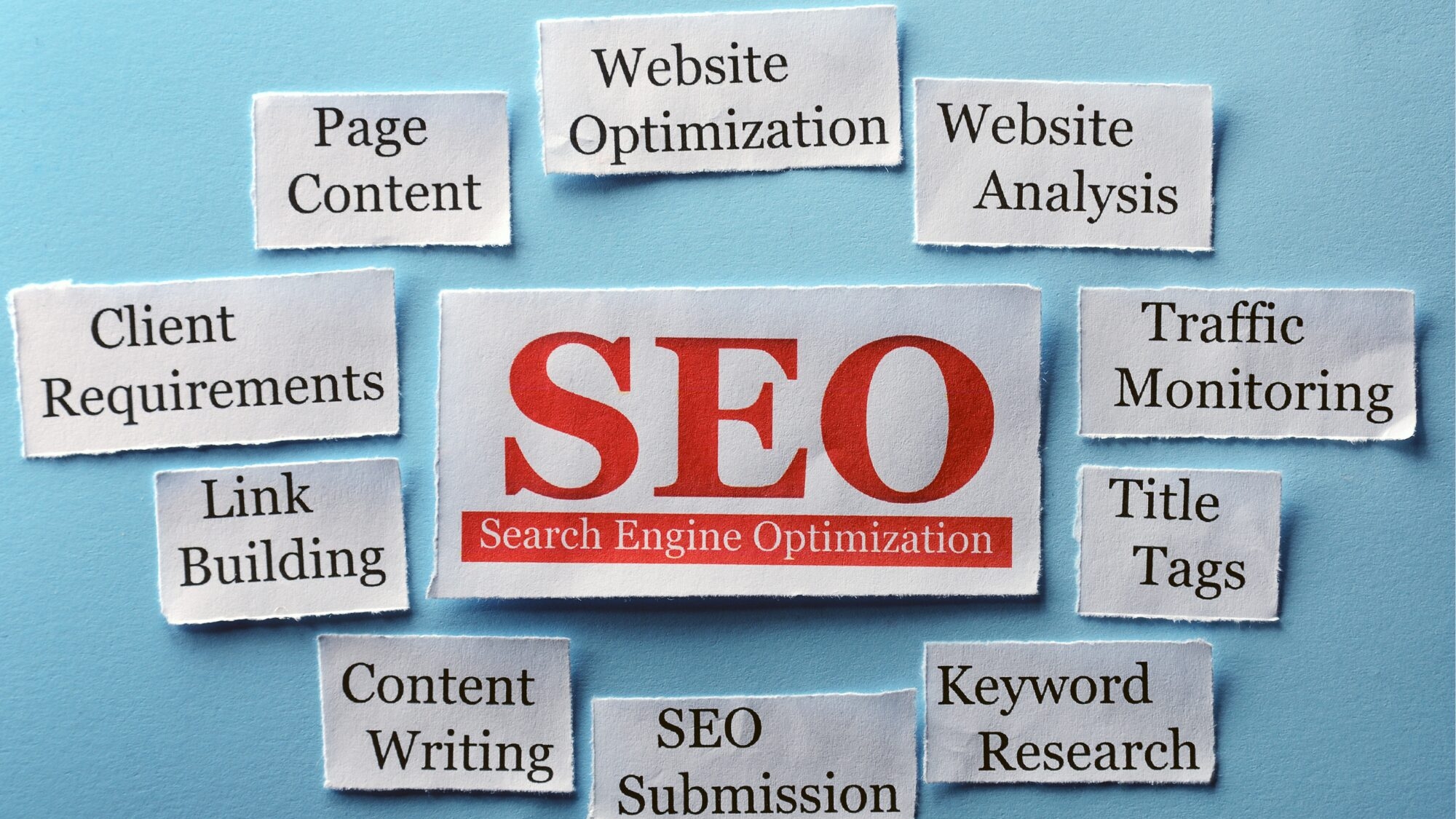In today’s digital landscape, having a strong online presence is crucial for businesses of all sizes. A well-designed website coupled with effective digital marketing strategies can significantly impact your visibility, reach, and ultimately, your bottom line. In this blog post, we’ll explore some essential tips for leveraging digital marketing and SEO to enhance your website’s performance and drive meaningful results.
1. Optimize Your Website for Search Engines
Search engine optimization (SEO) is the cornerstone of any successful digital marketing strategy. Start by conducting keyword research to identify the terms and phrases your target audience is using to search for products or services similar to yours. Incorporate these keywords strategically throughout your website’s content, including headings, meta descriptions, and image alt text. Additionally, ensure your website is mobile-friendly, as Google prioritizes mobile-responsive sites in its search results.
2. Create High-Quality, Engaging Content
Compelling content not only attracts visitors to your website but also encourages them to stay longer and engage with your brand. Develop a content strategy that aligns with your target audience’s interests, pain points, and preferences. Whether it’s blog posts, videos, infographics, or case studies, aim to provide valuable information that addresses their needs and positions your brand as a trusted authority in your industry.
3. Leverage Social Media Platforms
Social media platforms offer unparalleled opportunities to connect with your audience, build brand awareness, and drive traffic to your website. Identify the platforms where your target audience is most active and tailor your content accordingly. Engage with your followers by responding to comments, asking questions, and sharing user-generated content. Additionally, consider investing in paid social advertising to expand your reach and target specific demographics with precision.
4. Implement On-Page and Off-Page SEO Strategies
In addition to optimizing your website’s content, focus on both on-page and off-page SEO tactics to improve your search engine rankings. On-page SEO involves optimizing elements such as title tags, meta descriptions, and internal linking structures, while off-page SEO includes activities like building high-quality backlinks from reputable websites, guest blogging, and participating in online communities and forums.
5. Monitor and Analyze Your Performance
Regularly monitor your website’s performance using tools like Google Analytics and Google Search Console. Track key metrics such as website traffic, bounce rate, conversion rate, and keyword rankings to gain insights into what’s working well and where there’s room for improvement. Use this data to refine your digital marketing and SEO strategies over time and adapt to changing trends and consumer behavior.
6. Stay Updated on Industry Trends and Best Practices
The digital marketing landscape is constantly evolving, with new technologies, algorithms, and trends emerging regularly. Stay informed about the latest industry developments and best practices by following reputable blogs, attending webinars and conferences, and participating in online communities. By staying ahead of the curve, you can ensure that your digital marketing and SEO efforts remain effective and competitive in today’s dynamic environment.
In conclusion, digital marketing and SEO play integral roles in maximizing your website’s online visibility, driving traffic, and ultimately, generating leads and conversions. By implementing the tips outlined in this blog post and staying proactive in your approach, you can position your brand for long-term success in the digital realm.



Add a Comment